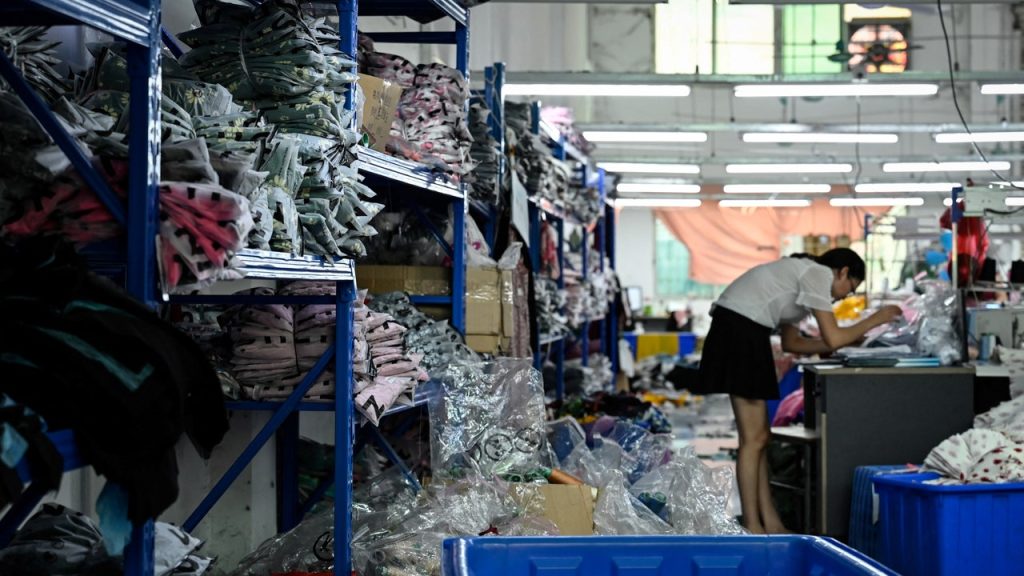Fast fashion, a term used to describe quickly produced trends sold at low price points, has become increasingly popular in the clothing industry. Despite the growing interest in sustainable and ethically made fashion among younger generations, the fast fashion market continues to grow rapidly in volume and profit. Research indicates that fast fashion was worth $41.15 billion in the United States in 2023 and is expected to reach $59.85 billion by 2030. This trend is contributing to a significant increase in clothing ending up in landfills and secondhand markets around the world, posing environmental challenges.
The concept of fast fashion is not defined by a specific price or product offering, but rather by the way in which clothing is manufactured, marketed, and sold by brands. Traditionally, collections were produced in two seasons: Fall/Winter and Spring/Summer. However, as demand for trends increased throughout the 21st century, technology such as sewing machines allowed for larger volumes of clothing to be created and sold. Brands like Forever21 and Zara popularized the idea of producing clothing at an accelerated rate, with some brands now offering upwards of 52 “micro-seasons” per year. Online-only brands like Shein and Temu are taking this concept even further by using sophisticated algorithms to bring new styles to market in a matter of days, known as ultra-fast fashion.
One of the main controversies surrounding fast fashion is its impact on the environment. A 2023 report by the United Nations Environment Programme found that fashion is responsible for up to 10% of annual global carbon emissions. The overuse of oil-based textiles like polyester in fast fashion production contributes to the reliance on fossil fuels to create new products. Business of Fashion’s 2023 report stated that oil-based polyester accounts for about 50% of fiber production. This reliance on environmentally harmful materials and production processes raises concerns about the long-term sustainability of the fast fashion industry.
In addition to environmental concerns, fast fashion also has significant social implications. The rapid production of clothing at low prices often leads to poor working conditions for garment workers, particularly in developing countries where labor laws may be less strict. Workers in fast fashion supply chains are frequently paid low wages and may be exposed to unsafe working conditions. This exploitation of labor is a major ethical concern within the fast fashion industry, prompting calls for greater transparency and accountability from brands in their supply chains.
Efforts to address the negative impacts of fast fashion are gaining momentum, with consumers increasingly seeking out sustainable and ethically made alternatives. This shift in consumer behavior is forcing brands to reconsider their production and marketing strategies. Some companies are now incorporating sustainable practices into their operations, such as using organic materials, reducing waste, and ensuring fair labor practices. However, the fast fashion industry as a whole still has a long way to go in terms of improving its environmental and social sustainability.
In conclusion, the rise of fast fashion has revolutionized the clothing industry, making trends more accessible and affordable for consumers. However, this convenience comes at a cost, with the environmental and social impacts of fast fashion raising serious concerns. As consumers become more aware of these issues, there is a growing demand for sustainable and ethically made fashion. Brands that prioritize transparency, ethical practices, and environmental stewardship are likely to capture the attention of a new generation of conscious consumers, leading to a shift towards a more sustainable and responsible fashion industry.


